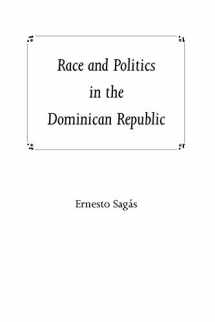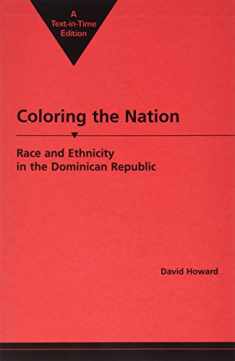
Race and Politics in the Dominican Republic
Book details
Summary
Description
Ernesto Sagás examines the historical development and political use of antihaitianismo, a set of racist and xenophobic attitudes prevalent today in the Dominican Republic that broadly portray Dominican people as white Catholics, while Haitians are viewed as spirit-worshipping black Africans. More than just a ploy to generate patriotism and rally against a neighboring country, the ideology also is used by Dominican leaders to divide their own lower classes.
Sagás looks at the notions of race held by Dominican elites in their creation of an imaginary "white" nation, particularly as the ideas were developed throughout the colonial era, then intellectually refined in the late 19th century, and later exalted to a state ideology during the Trujillo era. Finally, he examines how race and nationalist anti-Haitian feelings still are manipulated by conservative politicians and elites who seek to maintain the status quo, drawing on examples from recent political rhetoric and cartoons, campaign advertisements, and public school history textbooks.
The first book-length study of antihaitianismo, this work offers important lessons for studying racial and ethnic conflict as well as nationalism and comparative politics.


We would LOVE it if you could help us and other readers by reviewing the book
Book review




